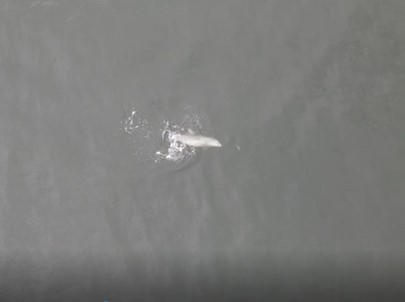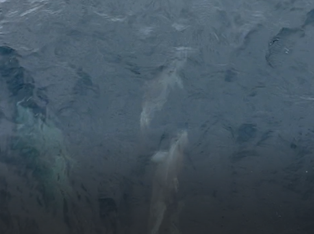Coastal Marine Mammal Assessments
Marine mammals living in coastal waters can be an important indicator of the health of coastal ocean waters and potential health risks to humans. NCCOS scientists are studying stranded marine mammals to determine causes of death, anthropogenic stressors, disease processes, life history traits, and exposure to contaminants (e.g. microplastics, oil spills). NCCOS is also leading the way in using unique technologies, such as unoccupied aerial systems (UAS, or drones), to assess habitat changes due to environmental fluctuations that may affect dolphin health and distribution. Scientists are sharing these assessments with resource managers and the public to inform our understanding of coastal health.
Our Assessments
Marine mammals are prevalent in coastal ocean waters of the U.S. and can be studied as ecosystem sentinels, which provide an early indication of what is going on in the coastal environment. NCCOS scientists are using cutting edge technology and extensive research methods to assess marine mammal and environmental health.
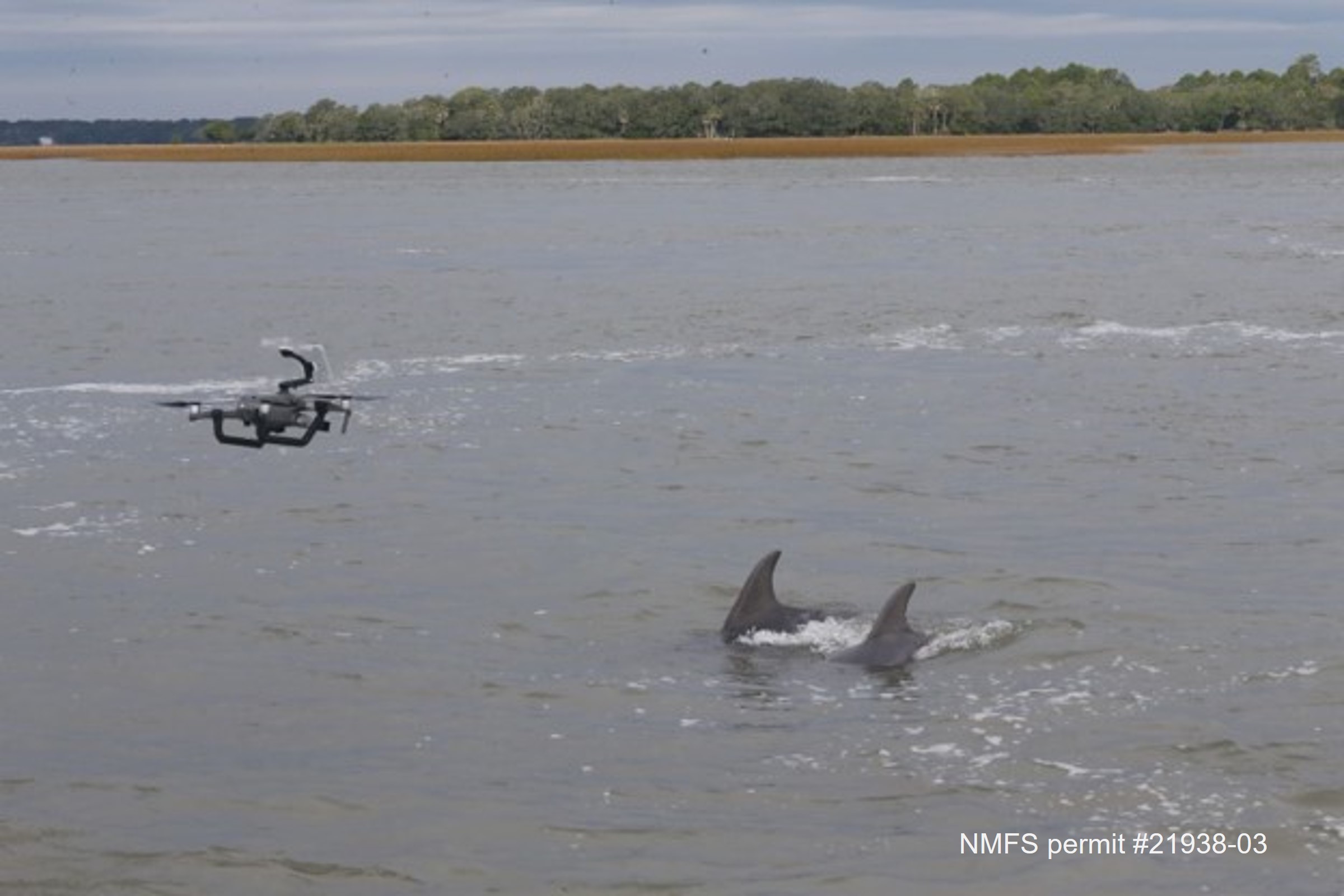
Unoccupied Aerial Systems Technology Studies – NCCOS scientists use unoccupied aerial systems – or drones – to investigate dolphin and environmental health through non-invasive and inexpensive methods.
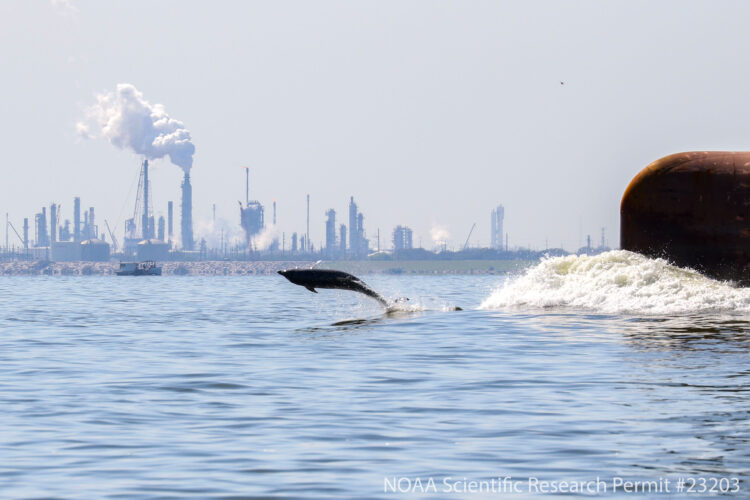
Habitat Inundation Susceptibility – NCCOS scientists are studying the susceptibility of estuarine dolphin habitat due to environmental changes, including freshwater inundation.
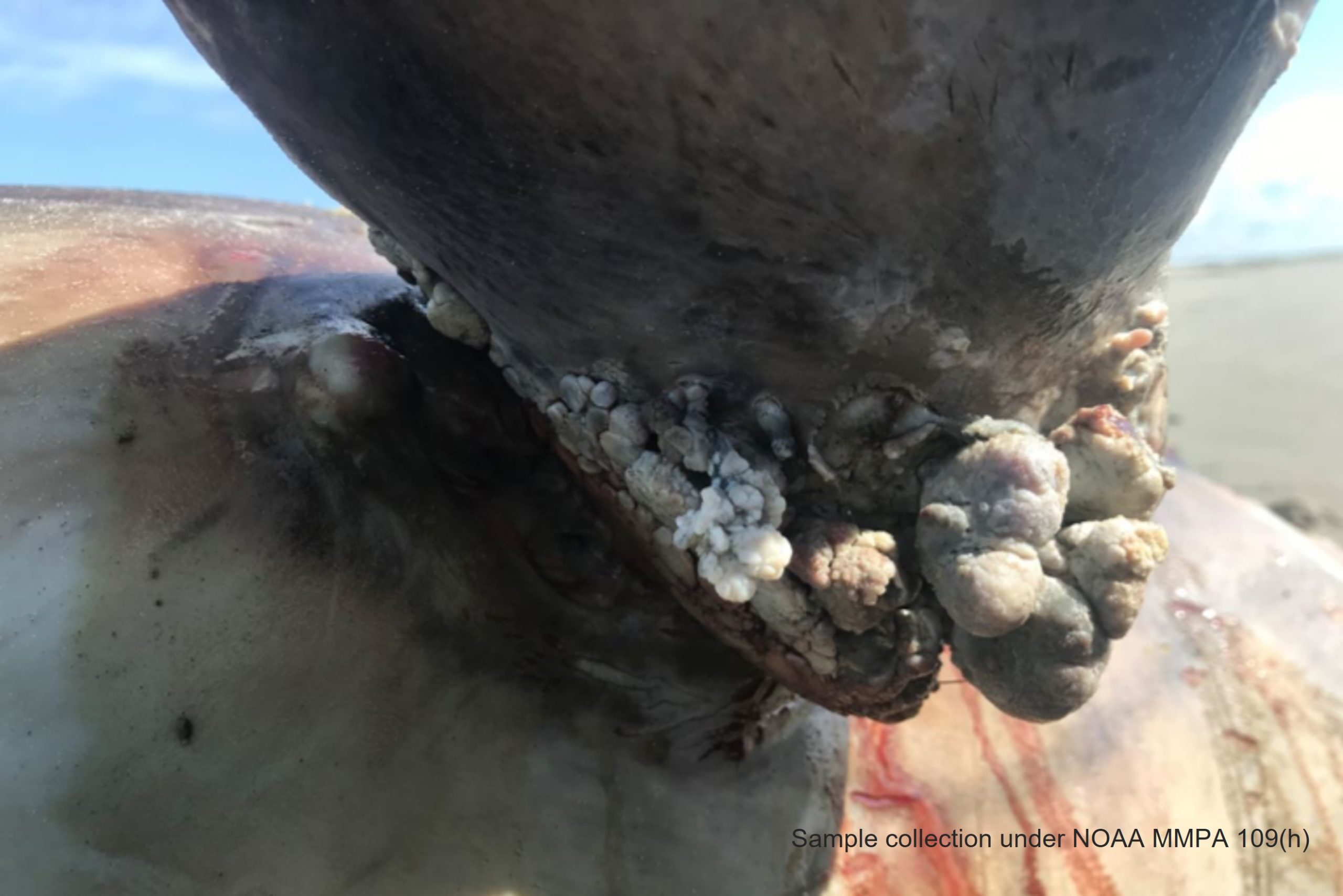
Zoonotic Pathogens – NCCOS scientists study harmful diseases caused by marine pathogens such as bacterial and viral infections that may be transmitted to humans. This research provides important health and safety information for marine mammal stranding personnel, first responders, laboratory workers, and public beachgoers who may come upon live or deceased stranded marine mammals.
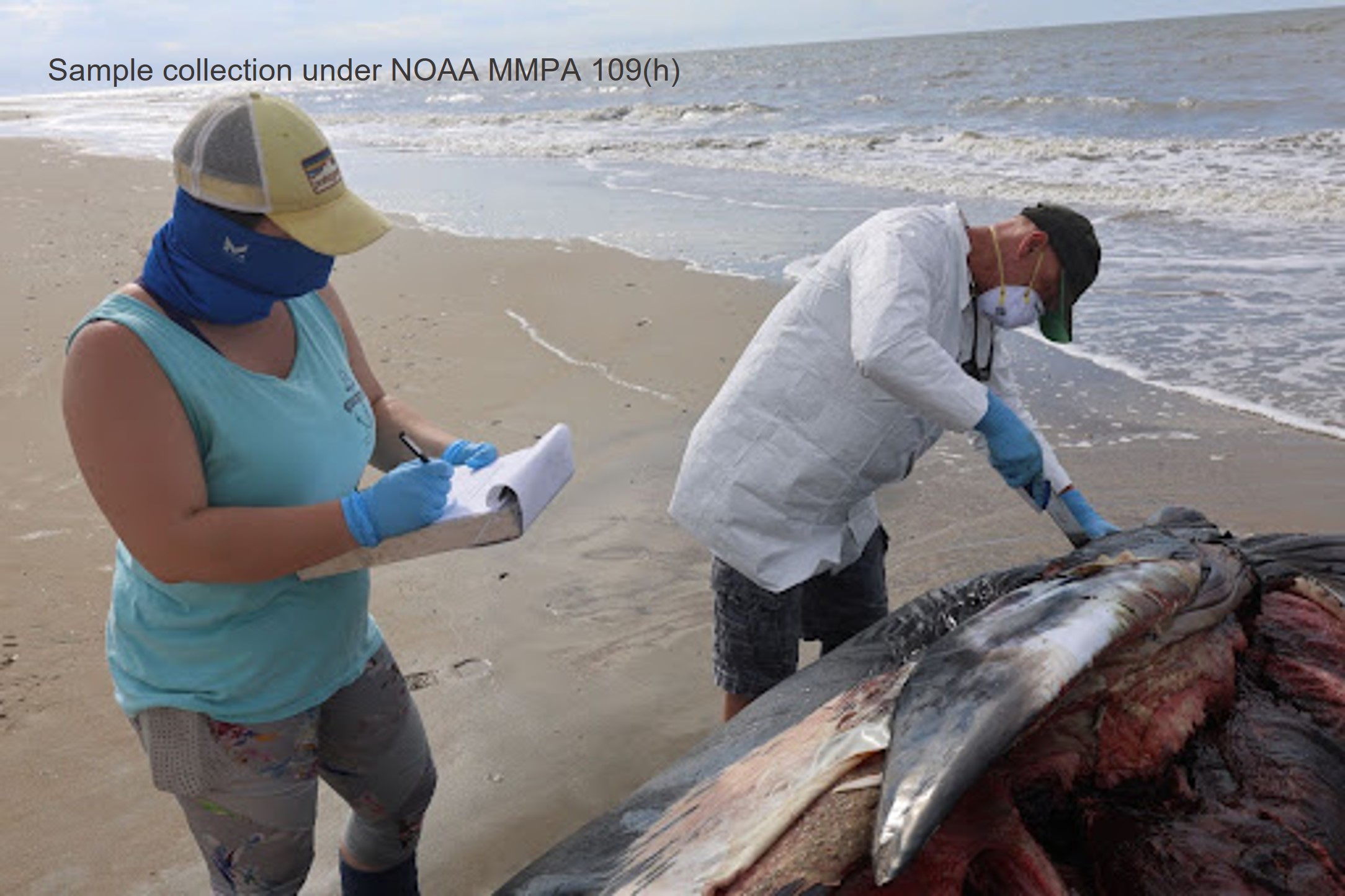
Contaminant Studies – NCCOS scientists are examining gastrointestinal tracts of stranded marine mammals to identify the presence of microplastics. Since dolphins do not drink water, microplastic presence in their organs and tissues provide evidence of the transfer of microplastics through their diet. Many of these food items are commonly consumed by humans which can cause concern. Further, other contaminant studies look at tissues that may contain harmful heavy metals and organic pollutants such as pesticides and fertilizers.
News
Take a Closer Look
Coastal storms, flooding, and rising seas combined with loss of habitat and biodiversity threaten coastal communities, livelihoods, and ecosystems. Nature-based solutions involve the intentional use of natural habitats—beaches, dunes, islands, marshes, mangroves, and coral and oyster reefs—either alone or in combination with traditional gray infrastructure—like cement walls buried inside of sand dunes—to reduce risks to coastal hazards and deliver multiple environmental and socio-economic benefits. NCCOS works with natural resource managers, communities, and other coastal decision makers to develop tools, techniques, models, and guidance on how, where and when to best employ nature-based solutions. NCCOS assess the potential for using nature-based solutions to mitigate the effects of climate change and maintain and restore the area’s biodiversity and natural beauty.
Partnerships
We work with a variety of partners and experts to efficiently assess marine mammals in coastal waters.
- College of Charleston
- Lowcountry Marine Mammal Network
- Marine Mammal Commission
- National Institute of Standards and Technology Marine Mammal Specimen Bank
- National Marine Mammal Foundation
- NOAA National Marine Fisheries Service
- NOAA Office of Restoration and Response (ORR)
- NOAA ORR Marine Debris Program
- South Carolina Department of Natural Resources
- University of Illinois Zoological Pathology Program
- University of South Carolina
- Virginia Tech University

